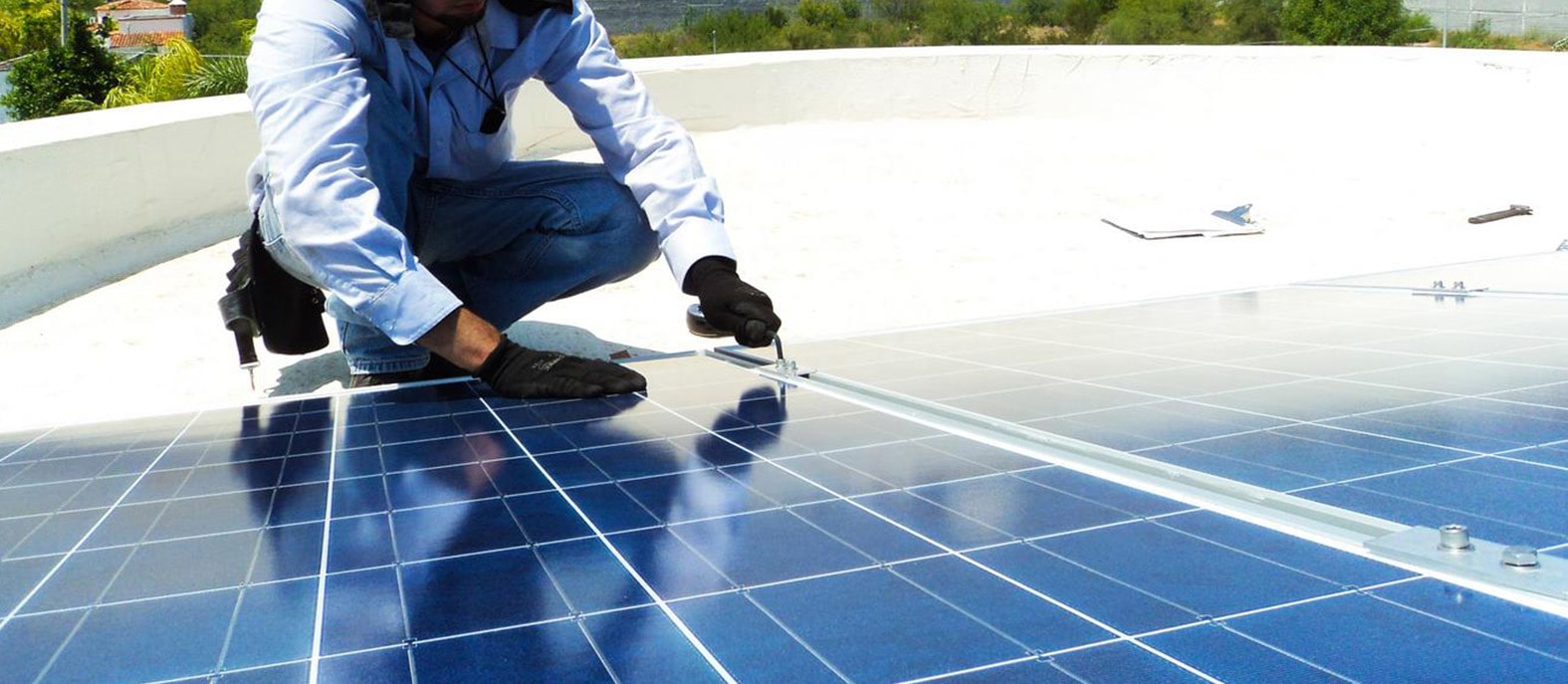The global community faces an unprecedented challenge in combating climate change. At the same time renewable energy is playing a pivotal role in achieving our climate goals. The urgency to transition to clean and sustainable energy sources is greater than ever. The future of renewable energy holds immense potential. Moreover it also poses significant questions: Can we accelerate the adoption of renewable energy at a pace necessary to address climate change effectively? Can we meet our ambitious climate targets in such a short timeframe?
Accelerating Renewable Energy Deployment
In recent years, there has been remarkable progress in renewable energy deployment worldwide. In 2023, the momentum is expected to continue as countries strive to increase their renewable energy capacities. Wind and solar power are likely to lead the way, with falling costs, technological advancements, and supportive policies driving their expansion. Additionally, advancements in energy storage technologies, such as batteries, are improving the reliability and scalability of renewable energy, making it a viable alternative to traditional fossil fuel-based power generation.
National and International Climate Commitments
The Paris Agreement, signed by nearly every country, sets ambitious goals to limit global warming and reduce greenhouse gas emissions. In 2023, countries will be under increasing pressure to fulfill their climate commitments. Many nations are adopting comprehensive renewable energy targets and implementing policies to encourage renewable energy investments. These efforts, combined with advancements in renewable energy technologies, create a favorable environment for progress towards meeting climate change goals.
Technological Innovations and Cost Reduction
Technological innovations continue to drive the growth of renewable energy. Breakthroughs in areas such as photovoltaics, wind turbines, and energy storage systems are enhancing efficiency, increasing output, and lowering costs. In 2023, we can expect further advancements, such as improved solar panel efficiency, floating wind farms, and grid integration solutions. These innovations will accelerate the transition to renewable energy by making it more affordable and accessible, paving the way for a sustainable future.
Collaborative Efforts and Partnerships
Meeting climate change goals requires collaboration between governments, industries, and communities. We will likely witness increased partnerships between public and private sectors to drive renewable energy adoption. Collaborative initiatives can facilitate knowledge sharing, technology transfer, and capacity building, particularly in developing countries that seek to leapfrog to cleaner energy systems. International cooperation is essential to overcome barriers, accelerate innovation, and ensure a just and equitable energy transition worldwide.
Overcoming Challenges and Barriers
Despite significant progress, several challenges and barriers persist in the path to achieving climate change goals through renewable energy. These include the intermittent nature of renewables, limited grid infrastructure, and the need for substantial upfront investments. Overcoming these challenges requires robust policies, financial incentives, and supportive regulatory frameworks. Additionally, addressing social and economic implications, such as job transitions and equity concerns, is crucial to ensure a just transition for all stakeholders.
Scaling Up Renewable Energy Infrastructure
To meet ambitious climate targets, there is a need to scale up renewable energy infrastructure significantly. This involves expanding the deployment of renewable energy projects, such as large-scale solar and wind farms, across different regions. Building robust transmission and distribution networks to accommodate the increased generation and integration of renewable energy into existing grids will be crucial. Investment in infrastructure development and grid modernization will be essential to overcome logistical challenges and maximize the potential of renewable energy sources.
Energy Transition in Developing Countries
Developing countries face unique challenges in transitioning to renewable energy due to limited resources and infrastructure. However, they also have immense opportunities for leapfrogging to cleaner energy systems. In 2023, increased international support, technology transfers, and financial assistance will be crucial to empower developing nations to embrace renewable energy and mitigate their reliance on fossil fuels. Collaborative efforts between developed and developing countries can facilitate capacity building, knowledge sharing, and technology transfer to ensure a just and inclusive energy transition globally.
Public Awareness and Engagement
Achieving climate change goals requires widespread public support and engagement. In 2023, raising awareness about the benefits of renewable energy and the urgency of addressing climate change will be essential. Governments, educational institutions, and civil society organizations must collaborate to educate the public about renewable energy technologies, energy efficiency, and sustainable lifestyles. Empowering individuals and communities to adopt renewable energy solutions, such as rooftop solar panels and community-owned renewable projects, can foster a sense of ownership and accelerate the energy transition.
Fostering Innovation and Research
Continued investment in renewable energy research and development is critical for driving innovation and overcoming technological barriers. In 2023, increased funding for research institutions, collaborations between academia and industry, and public-private partnerships can spur breakthroughs in renewable energy technologies. Emphasis should be placed on areas such as energy storage, grid integration, bioenergy, and emerging technologies like hydrogen fuel cells. Encouraging innovation and supporting entrepreneurs in the renewable energy sector will pave the way for disruptive solutions and advancements.
Bottom Line
The future of renewable energy is promising, but the urgency to accelerate its deployment cannot be overstated. In 2023, continued efforts to expand renewable energy capacities, technological innovations, national commitments, and collaborative partnerships will shape the global energy landscape. While significant progress has been made, achieving climate change goals through renewable energy by 2030 and beyond will require sustained commitment, policy coherence, and international cooperation. With bold actions and a collective effort, we can harness the power of renewable energy to combat climate change and build a more sustainable and resilient future for generations to come.
